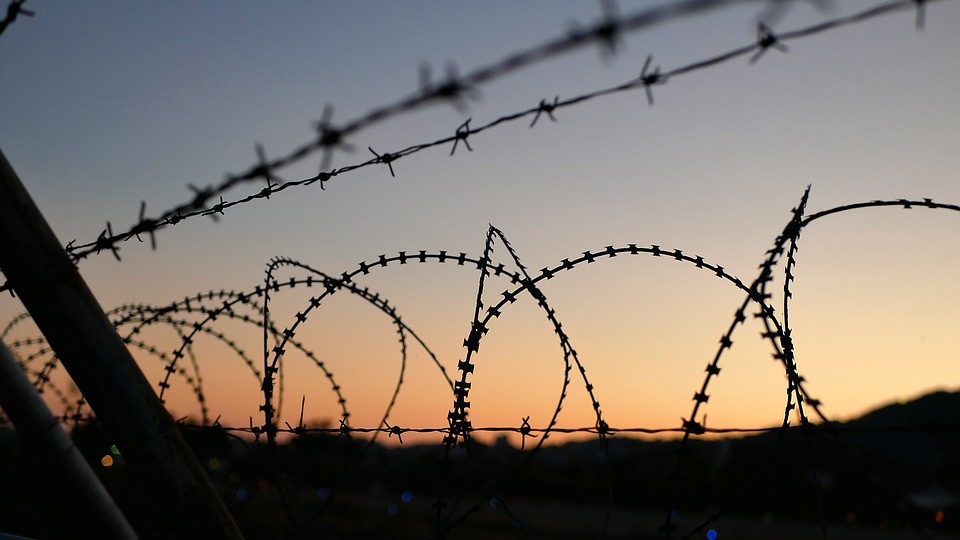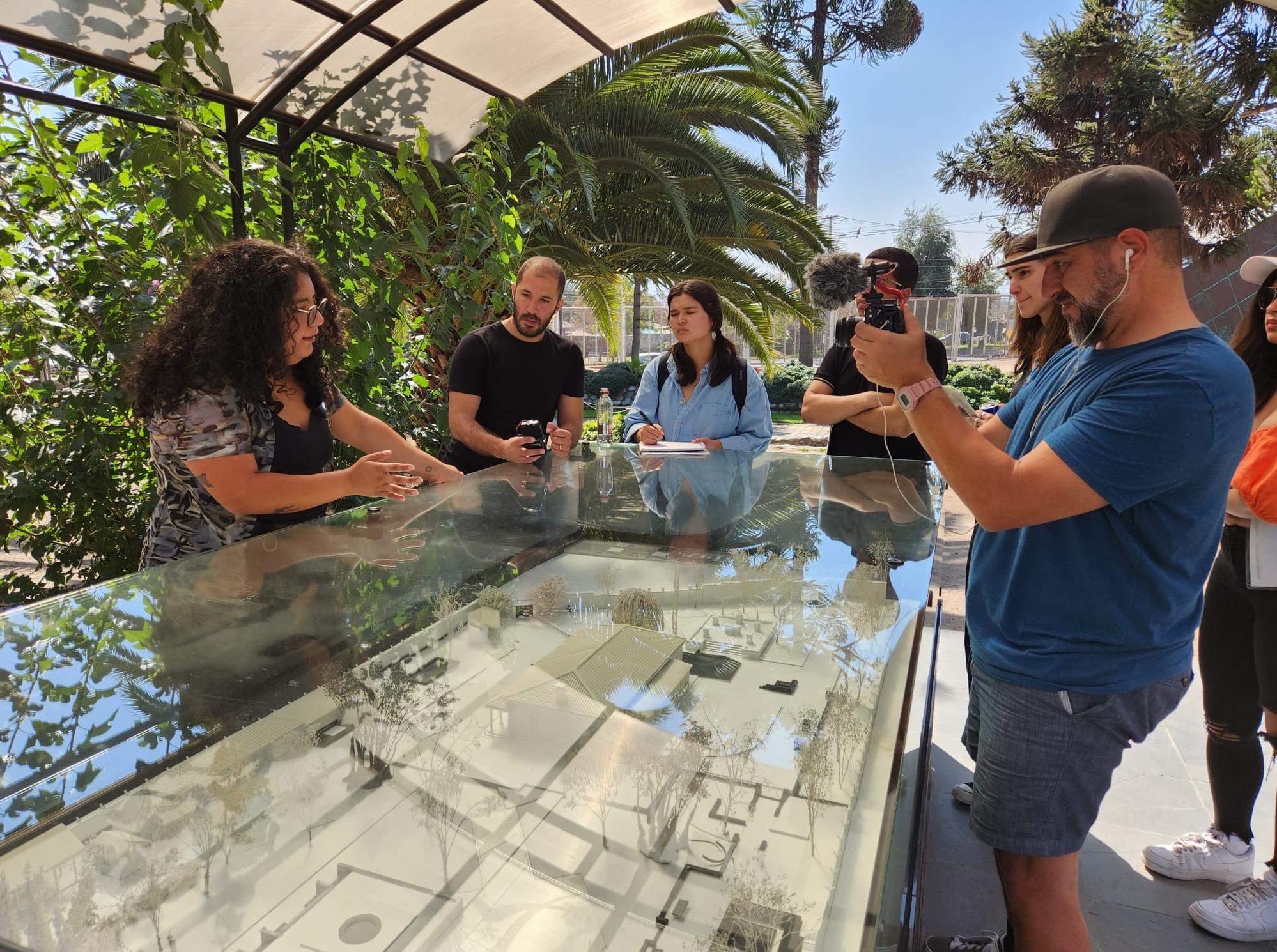Global Carceral States

Global Carceral States is a project designed to train students to understand and conduct research on carceralism—that is, forms of un-freedom and repression—in its various dimensions. Some of the most high-profile global events in recent years are either manifestations of anti-carceral politics or implicate carceral projects by states. For example, following the police killing of George Floyd on May 25, 2020, the Black Lives Matter movement (BLM) spearheaded protests against police violence around the United States, and this activism inspired large-scale protests against state-sanctioned racism and police violence in other parts of the globe. Another example is the impact of COVID-19 in prisons and detention facilities, which invites comparative research about how conditions of confinement and the treatment of prisoners and detainees were affected by state responses to the pandemic. A third example is the revelation that Pegasus software developed by the Israeli firm NSO Group and field-tested on Palestinians in the occupied territories has been used by various governments to spy on and surveil human rights activists and journalists engaged in work critical of those governments; the first malicious use of Pegasus by a government was Mexico which targeted human rights lawyers and activists who were investigating the disappearance of 43 students in September 2014, now confirmed to be on the orders of Mexican police.
Our research agenda is being developed to critically and comparatively analyze carceralism through a global lens. Rather than following the conventional approach of tracing carceral regimes from the Global North to the Global South, thereby maintaining the centrality of the former in understandings of carcerality, we insist on attending to the multidirectional flows that constitute carceral systems in ways that are truly and inherently global and transnational. The four overarching sets of issues are (a) the ways and reasons states and other types of authorities confine people (and categories of people) deemed to be dangerous, hostile, or superfluous in prisons, detention facilities, encampments, or enwalled lands; (b) the strategies and technologies developed and used to manage and treat people within carceral settings (e.g., isolation, torture, police brutality, surveillance, abandonment); (c) the multiple ways in which carceralized populations resist these repressive conditions individually and collectively (e.g., hunger strikes, clandestine organizing, boycotts, demonstrations) or devise strategies of survival and empowerment (e.g., prison writing and art-making, self-education, collective care); and (d) the formation of communities of solidarity and social movements that seek to confront carceral regimes and alter carceral landscapes (e.g., prison abolition, police defunding, anti-racism and anti-apartheid activism). By integrating these four sets of issues into the project, our aim is to investigate carcerality through multiple scales and perspectives, and to compare carcerality in different settings around the world.

In March 2023, Professors Lisa Hajjar (Sociology), Terrance Wooten (Black Studies) and Basil Farraj (Birzeit University) led a group of UCSB undergraduate students--Tinni Mukherjee, Malaak Hattab, Wafa Abdullah, and Savanna May--on a two week research trip to Santiago, Chile. Media producer Jackson Allers joined the trip. Each student had devised their own Chile-based research project and working with Allers, created videos and podcasts on their research. The group also toured museums and sites relating to the history of torture and memory, including the Memory and Human Rights Museum, Parque Cultural de Valparaiso, Villa Grimaldi, Londres 38, and the Borgoño police station.
Related Videos
During their research trip to Chile in March 2023, UCSB Burdick student fellows Tinni Mukherjee, Malaak Hattab, Savanna May met with activists and organizers who work with Ecolety. A cooperative project, Ecolety is a feminist organization that works to reconcile the personal, family, and work lives of women from a gender and human rights perspective. They were joined by media producer Jackson Allers, who led this Burdick cohort's media training, and Violeta Sandoval, a Chilean activist and organizer who helped translate for the group. In a series of four short videos co-produced by Allers and the UCSB students, we follow this Burdick cohort as they spend a day with members of the Ecolety collective, Cristina and Lety. In this first video, the group travels by train to the town of San Bernando.
In this second video, members of Ecolety prepare a vegetarian lunch for the Burdick fellows with local ingredients grown in their community garden. Tinni interviews Lety and Violeta on social rights in the context of Chile's privatized economy.
In this third video, the Burdick fellows explore Ecolety community house while learning more about the organization from the members of the cooperative.
In this forth video, Tinny interviews Lety, the founder of Ecolety, on the status of current social movements in Chile and their progress in achieving equality for women. They discuss access to reproductive healthcare and the challenges of advocating for progressive change within the framework of the constitutional process.